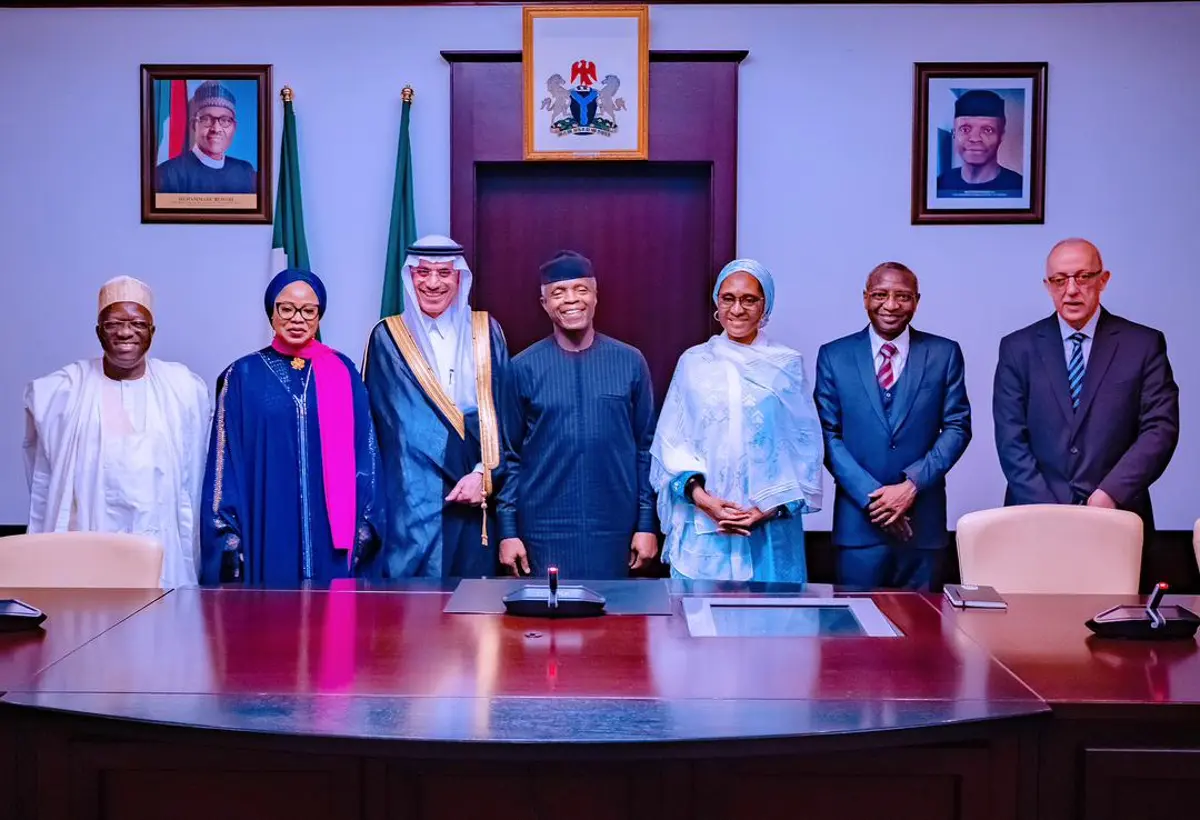The federal government, in collaboration with the African Development Bank, AfDB, the International Fund for Agricultural Development, IFAD, and Islamic Development Bank, IsDB, has launched the long-awaited Special Agro-Processing Zones Program, SAPZ, in seven states and the Federal Capital Territory, FCT.
President Muhammadu Buhari, in remarks delivered by Vice President Yemi Osinbajo, praised the initiative as a game changer that would give a fatal blow to food insecurity, diversify the economy away from oil and gas dependence, and drastically improve export earnings from agriculture.
Nigeria will implement the first phase of the SAPZ program with $538.05 million, of which AfDB is providing $210 million; the IFAD, together with the Green Climate Fund, $160 million; and IsDB $150.52 million, while the Federal Government of Nigeria is contributing $2.01 million and $16.01 million from the seven participating states.
AfDB Approves $134 Million Loan for Nigeria’s Agro Pocket Program
The participating states under Phase 1 include Kaduna, Kano, Kwara, Oyo, Ogun, Imo, Cross Rivers, and the Federal Capital Territory, FCT. The initiative will develop value chains for selected strategic crops in Nigeria, including maize, cassava, rice, soybean, cocoa, poultry, and livestock products.
The President of the AfDB, Dr. Akinwumi Adesina, noted that there is no reason for anyone to go hungry in Nigeria, since the country is blessed with 34 million hectares of arable land with a rich and diverse agroecology, containing adequate water, labor, and great sunshine.
NAQS Trains Youths, Women on Agro-Mechanized Poultry Business
The Associate Vice President of IFAD, Ms. Katherine Meighan, noted that they are focused on building rural resilience in rural communities where people can grow small-scale agriculture and improve those outputs along the value chain to have rural, sustainable, vibrant communities.
“Our empowerment strategy aims to equip farmers and smallholders to take advantage of the markets created by the SAPZ to sustainably enhance their income through income-generating activities, household food security and nutrition, and resilience to climate change,” said Meighan.



